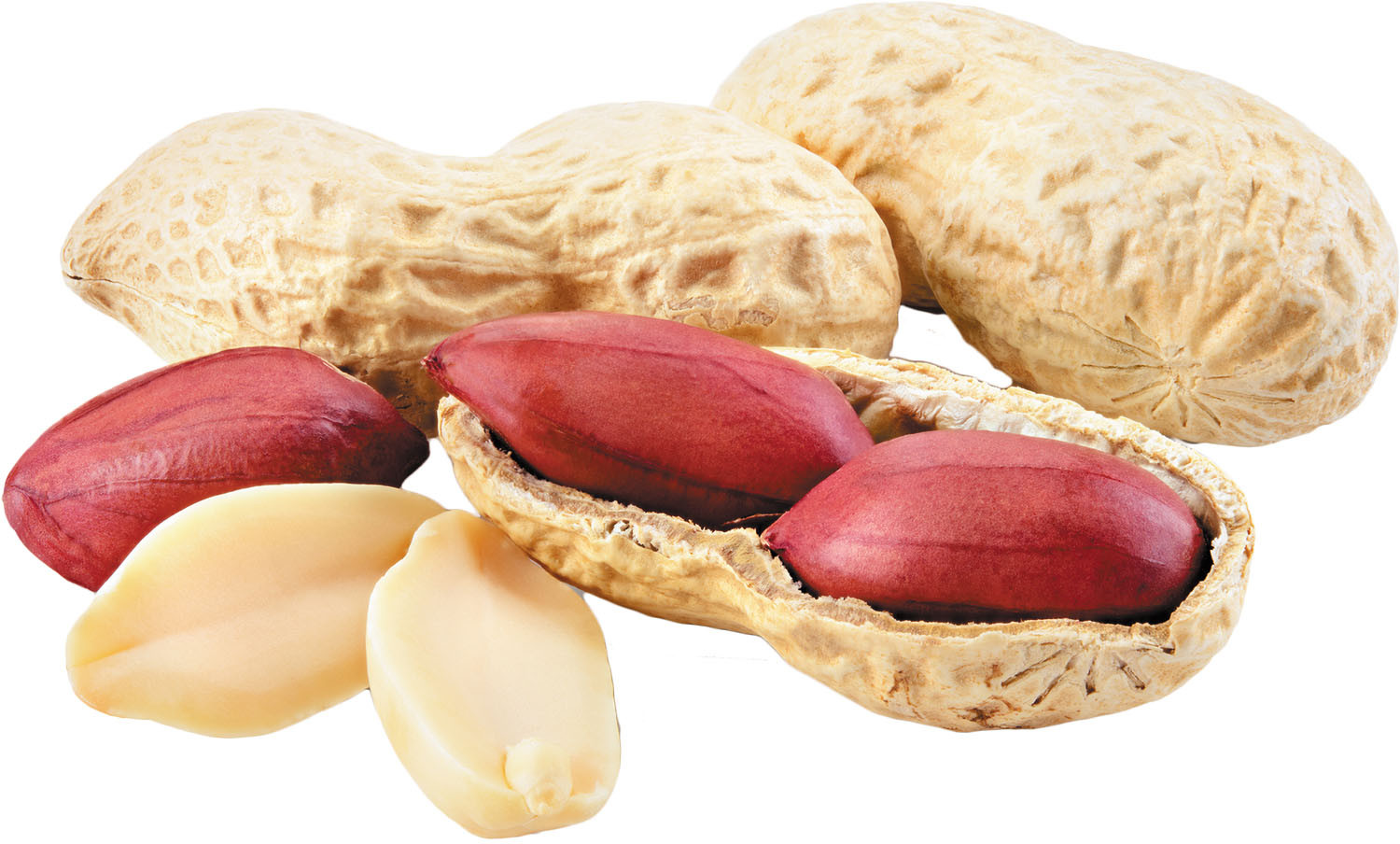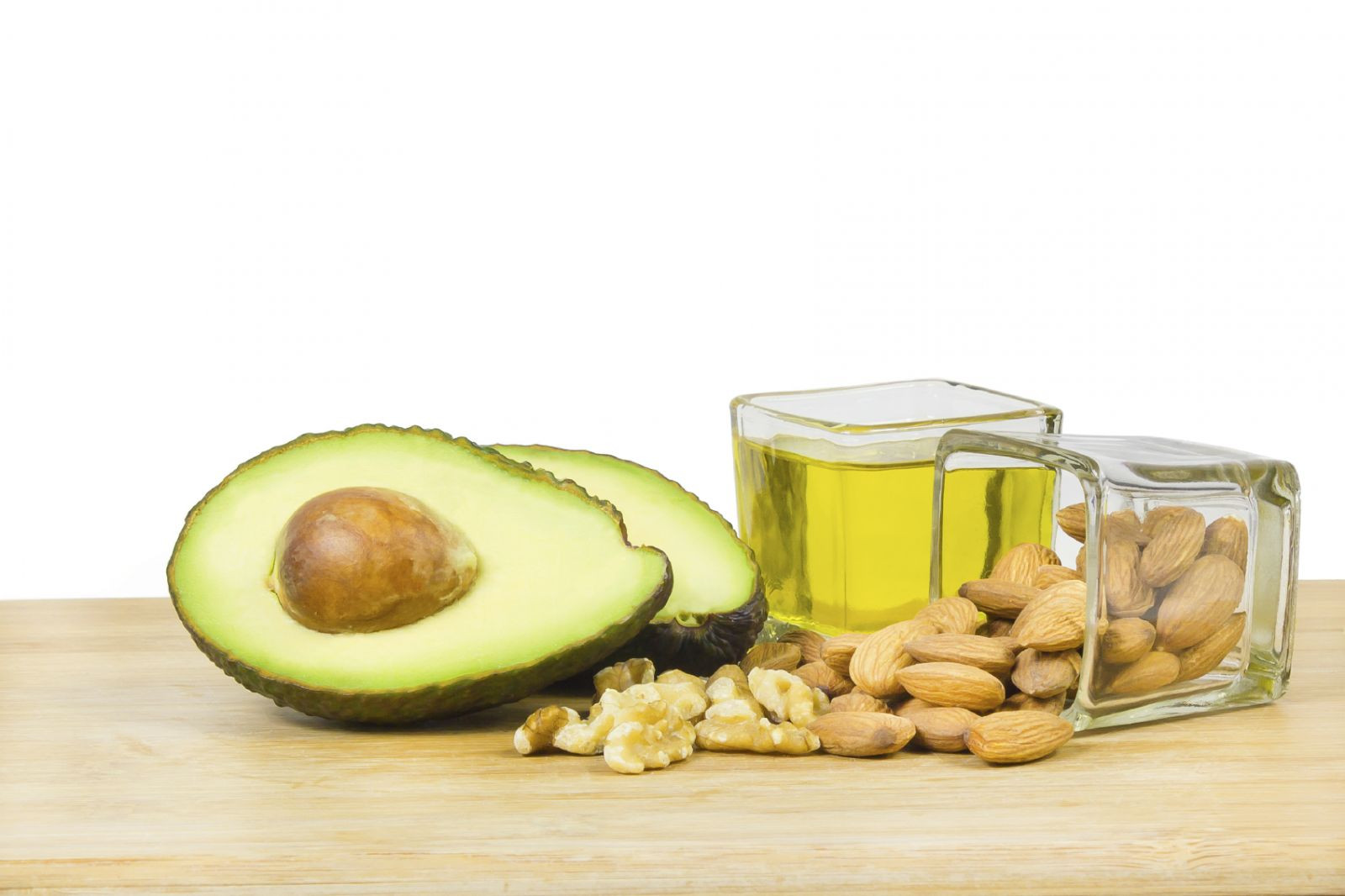
How does Ozempic work? Understanding GLP-1s for diabetes, weight loss, and beyond

Zinc: What it does for the body, and the best food sources

Respiratory health harms often follow flooding: Taking these steps can help

Tips to leverage neuroplasticity to maintain cognitive fitness as you age

Can white noise really help you sleep better?

Celiac disease: Exploring four myths

What is prostatitis and how is it treated?

What is Cushing syndrome?

Exercises to relieve joint pain

Think your child has ADHD? What your pediatrician can do
Heart Health Archive
Articles
Sugary drinks linked to higher risk of dying from heart disease
Research we're watching
Frequently drinking sugary beverages such as sodas and sports drinks may raise a person's risk of dying from heart disease, new research finds.
For the study, published in the March 18 issue of Circulation, researchers analyzed data from more than 118,000 health professionals over a period of more than three decades. After adjusting for other diet, health, and lifestyle factors, they found that the more sugary drinks people consumed, the higher their risk of dying from any cause — but especially cardiovascular disease. Compared with people who rarely drank sugar-sweetened beverages, those who drank two or more per day were about one-third more likely to die of heart disease or a stroke.
Heart attacks: Less frequent and less deadly than 20 years ago
Research we're watching
Fewer older adults are having heart attacks, and more are surviving them, according to a study published March 15 in JAMA Network Open.
Researchers analyzed data from more than 4.3 million people ages 65 and older who had suffered heart attacks over a 20-year period beginning in 1995. Back then, 20% of those included in the study died from their heart attacks. By 2014, that number had fallen to 12%.
Positive outlook linked to better outcomes after angina
Research we're watching
People with chest pain caused by narrowed heart arteries (angina) who report feeling hopeful about their condition seem to fare better than those who are less optimistic, new research finds.
The study, published May 1 in the American Journal of Cardiology, included nearly 2,400 people with chronic angina who had undergone a procedure to open at least one narrowed heart artery (known as revascularization). More than half rated themselves as optimistic or very optimistic, and most stayed positive over the following 12 months. During that time, they were about 40% less likely to be hospitalized or to need another revascularization compared with people who were less optimistic, even after researchers accounted for other illnesses and angina frequency.
Legume of the month: Peanuts
Even though "nut" is in its name, a peanut is actually a legume. Like soybeans, lentils, and other legumes, peanuts are edible seeds that grow in pods. Still, most people think of them as nuts, along with tree nuts such as walnuts, almonds, and hazelnuts. (Unlike other legumes, which grow on vines or shrubs, peanuts grow underground.)
Nutritionally speaking, peanuts and tree nuts are fairly similar: they're all rich in healthy unsaturated fats and fiber, as well as several vitamins and minerals. Numerous studies suggest that people who eat peanuts or tree nuts frequently have lower rates of heart disease compared with people who rarely eat them. One added bonus for peanuts: they're not as pricey as tree nuts, making them a more affordable addition to your daily menu.
Ministroke: A warning sign of a major problem
Even short-lived, subtle stroke symptoms should be evaluated.
Imagine trying to write a note, but it feels like you're moving the pen through wet concrete. Or you suddenly can't see normally — it's as if a black curtain has dropped over one of your eyes.
If these odd symptoms last for only a few minutes, you might be tempted to brush them off and blame muscle cramps or fatigue. Don't make that mistake, says Dr. Christopher Anderson, director of Acute Stroke Services at Harvard-affiliated Massachusetts General Hospital. Both of the above scenarios are examples of a possible transient ischemic attack (TIA), commonly referred to as a ministroke. Caused by a temporary lack of blood in part of the brain, a TIA is a warning sign that you are at risk for a stroke.
Ask the doctor: Is high blood pressure in the morning a problem?
Q. My blood pressure is high when I first get up in the morning, generally around 160/80, but always drops back to normal (around 120/75) by 11 a.m. and stays that way throughout the day. I take two different blood pressure pills in the morning. What might cause this? Should I make any changes?
A. Blood pressure normally comes down during sleep. It then returns to your usual level just before you wake up.
The truth about dietary fat
For years, experts recommended low-fat diets as a way to lower cholesterol and heart disease risk. Today, we know that low-fat isn't the way to go after all. A healthy diet includes plenty of "good-for-you" fats — and limits the unhealthy ones. Current dietary guidelines recommend that you get 20% to 35% of your daily calories from fat. Even more may be fine, if you follow these simple guidelines.
Favor the "good" fats.
The best sources of healthy fats are oily, cold-water fish, such as salmon and tuna; plant sources such as avocados and nuts; and vegetable oils, such as olive, canola, soybean, and cottonseed oils. These fats promote heart health because they lower cholesterol levels — and they may even fight chronic inflammation, which may contribute to heart disease. It's okay to get up to 35% of your daily calories from fat — as long as most of it comes from sources like these.
Key minerals to help control blood pressure
It's usually best to get calcium, magnesium, and potassium from food. Are you getting enough?
A healthy, balanced diet plays a major role in blood pressure control. And you should consume some specific minerals on a regular basis for good blood pressure management: calcium, magnesium, and potassium. But do most of us get enough of these? "If you're eating a healthy diet, you probably have nothing to worry about. But people eating a diet of processed and canned foods or taking certain medications might not be getting enough of these micronutrients," says Dr. Randall Zusman, director of the Division of Hypertension at the Massachusetts General Hospital Heart Center.
1/2 cup canned white | 3 ounces of cooked | 1/2 cup cooked spinach: 419 mg potassium, 78 mg of magnesium, and 146 mg of calcium. |
8 pill-free ways to lower your blood pressure
A healthy diet that includes plenty of fresh fruit and vegetables can help to lower and control high blood pressure. Images: Thinkstock |
Try losing weight, changing your diet, and exercising.
Sometimes getting your blood pressure under control requires that you take several medications each day, such as a diuretic and a calcium-channel blocker. But some therapies don't involve medication. "People who have drug intolerances or are unwilling to take medications can try pill-free therapy, and it can also be used to make a medication regimen more effective," says Dr. Randall Zusman, a cardiologist and Harvard Medical School associate professor.

How does Ozempic work? Understanding GLP-1s for diabetes, weight loss, and beyond

Zinc: What it does for the body, and the best food sources

Respiratory health harms often follow flooding: Taking these steps can help

Tips to leverage neuroplasticity to maintain cognitive fitness as you age

Can white noise really help you sleep better?

Celiac disease: Exploring four myths

What is prostatitis and how is it treated?

What is Cushing syndrome?

Exercises to relieve joint pain

Think your child has ADHD? What your pediatrician can do
Free Healthbeat Signup
Get the latest in health news delivered to your inbox!
Sign Up











